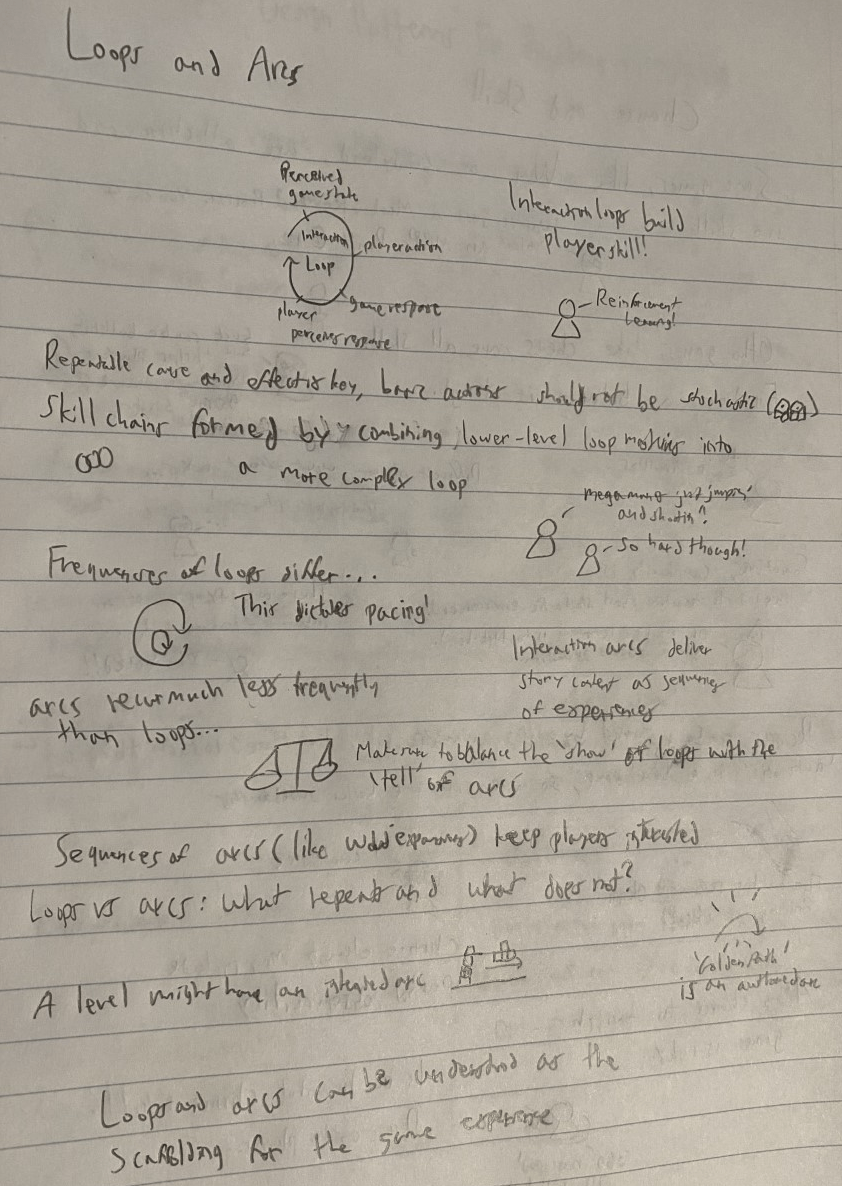Over the last few years we have seen the rise of "serious games" to promote understanding of complex social and ecological challenges, and to create passion for solving them. This project-based course provides an introduction to game design principals while applying them to games that teach. Run as a hands-on studio class, students will design and prototype games for social change and civic engagement. We will learn the fundamentals of games design via lecture and extensive reading in order to make effective games to explore issues facing society today. The course culminates in an end-of- quarter open house to showcase our games. Prerequisite: CS147 or equivalent. 247G recommended, but not required.




Factorio can be described in terms of loops and arcs as discussed in the reading. The most basic loops in Factorio, like mining a unit of iron ore, are quickly replaced with a network of machines designed by the player automatically executing these loops. The game streamlines this with its blueprinting feature, which allows players to scale up their networks without much tedium provided they have the necessary resources. The *real* gameplay loops in the game tend to be players deploying machines and iteratively improving the design of the network. This iterative improvement and upfront investment of mental effort to improve quality-of-life in the future of the game (with the added complexity of needing to maintain new factory components) is reminiscent of the most fun parts of software engineering.
The game’s arcs are usually defined by a player setting a goal of a certain item to automatically produce or a research item to complete and the player actually puzzling out all of the dependencies. First introducing oil wells and trains to the factory is a hugely satisfying moment. The game’s main arc sees the player construct a spaceship to allow them to launch a satellite into orbit, but there are plenty of meaningful checkpoints spread throughout the game’s progression.